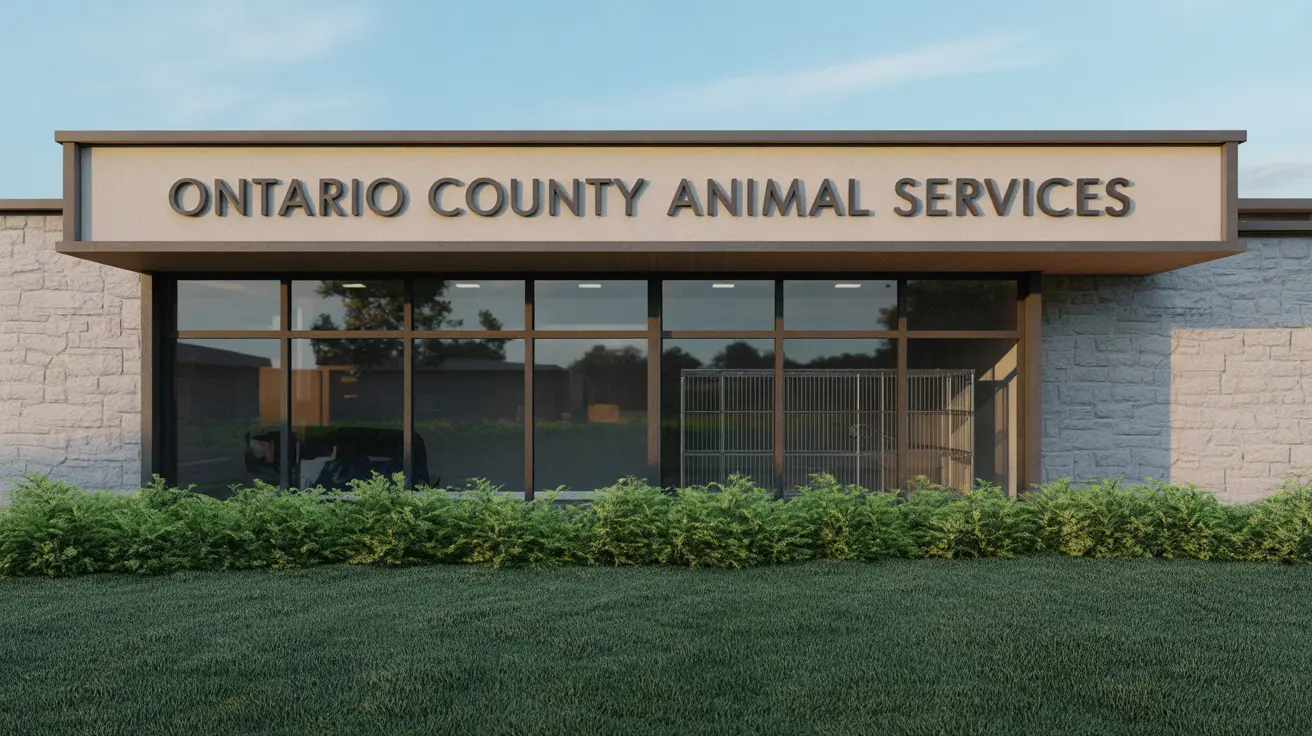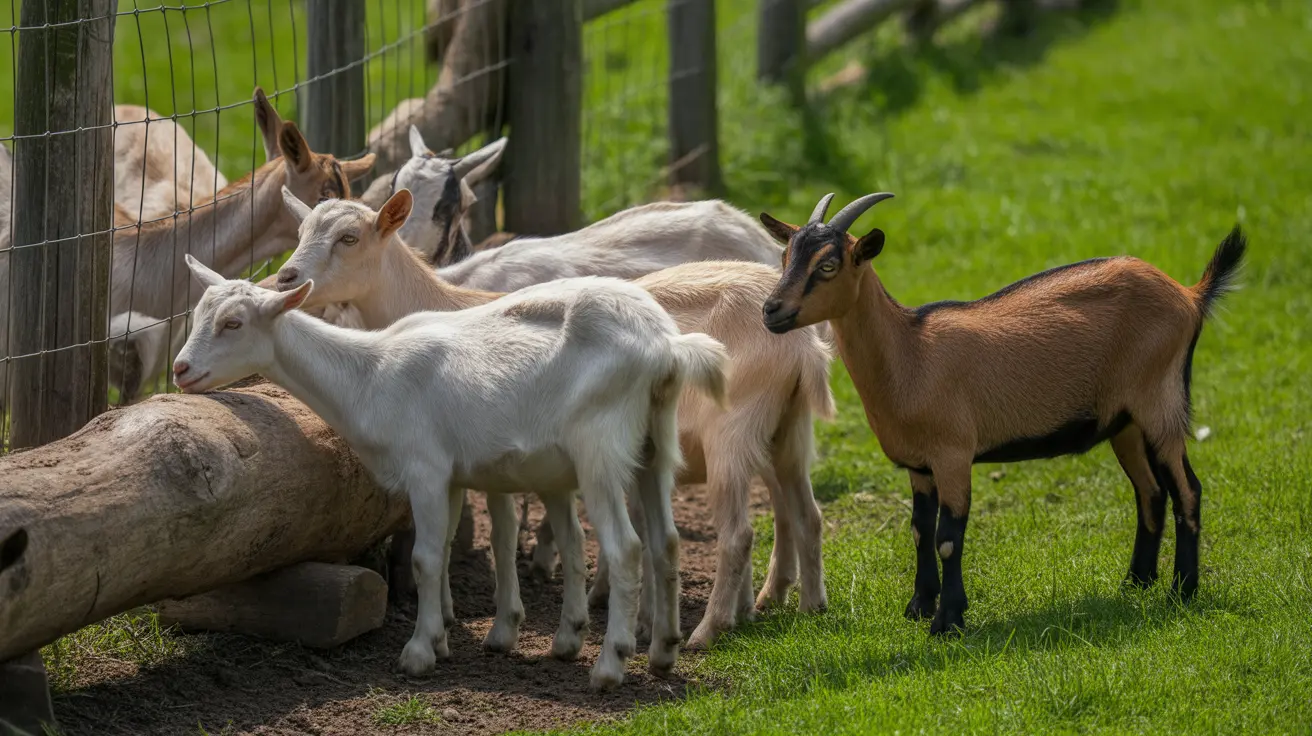Is Grain-Free Food Better for Older Dogs?
As our loyal canine companions age, their nutritional needs begin to shift, requiring pet owners to re-evaluate their diet. One contemporary trend in pet nutrition is grain-free food, but many dog owners wonder:
Is grain-free food better for older dogs? While grain-free diets can offer benefits for some dogs, it's crucial to evaluate each dog’s specific health requirements before making dietary changes.
Understanding Grain-Free Dog Food
Grain-free dog food is formulated without common grains like wheat, corn, rice, oats, and barley. Instead, these foods often substitute grains with ingredients such as:
- Peas
- Potatoes
- Lentils
- Chickpeas
- Sweet potatoes
The logic behind these formulas is to provide alternative sources of carbohydrates while avoiding potential allergens or gut irritants.
Key Nutritional Needs of Older Dogs
As dogs age, their metabolism slows, and their body undergoes physiological changes. Nutritional priorities may include:
- Lower calories to prevent weight gain from decreased activity levels
- High-quality protein to maintain muscle mass
- Increased fiber to promote healthy digestion
- Joint support nutrients like glucosamine and chondroitin
- Antioxidants and omega-3 fatty acids for immune and cognitive support
Grains can be a valuable source of fiber and energy, which may still be beneficial for many senior dogs.
Pros of Grain-Free Diets for Older Dogs
There are certain scenarios where a grain-free diet might be more suitable:
- Allergies or food sensitivities: Some dogs are intolerant to grains and may benefit from grain-free options.
- Improved digestion: Grain-free diets often contain higher amounts of fiber-rich vegetables.
- Weight management: Low-carb grain-free formulas may help prevent obesity in sedentary older dogs.
- Shinier coat and healthier skin: These diets often have increased omega-3 content.
Risks and Considerations
Despite potential upsides, grain-free diets are not ideal for every older dog:
- FDA concerns: The FDA has been investigating a possible link between grain-free diets and canine dilated cardiomyopathy (DCM).
- Nutrient imbalances: Some grain-free foods may lack essential nutrients like taurine unless supplemented.
- Unnecessary restrictions: If your dog doesn’t have a grain allergy, avoiding whole grains could mean losing out on their benefits.
Pet owners should consult veterinarians before switching to any specialized diet.
Indicators a Grain-Free Diet Might Suit Your Senior Dog
You might consider a grain-free formula if your older dog:
- Has been diagnosed with grain allergies or sensitivities
- Suffers from chronic itching, GI upset, or frequent ear infections
- Is overweight and requires a limited-carb diet
When to Avoid Grain-Free Foods
Avoid grain-free diets if:
- Your dog has a predisposition to heart disease
- Your vet suspects a taurine deficiency
- Your dog thrives on a balanced diet that includes whole grains
What to Look for in a Senior Dog Food
Whether you choose grain-free or grain-inclusive, prioritize formulas that include:
- High-quality animal protein as the first ingredient
- Essential fatty acids for joint and cognitive health
- Vitamins and antioxidants for immunity
- Proper caloric and nutrient balance suited for seniors
Conclusion
Grain-free dog food isn't inherently better for older dogs. The ideal diet depends on individual health needs, lifestyle, and any medical conditions. Pet owners should work closely with their veterinarian to determine the most appropriate nutritional plan. If your senior dog tolerates grains well and has no dietary restrictions, a well-balanced, grain-inclusive diet can be equally beneficial. Nutritional quality, not trendiness, should always guide our decisions for aging pets.





